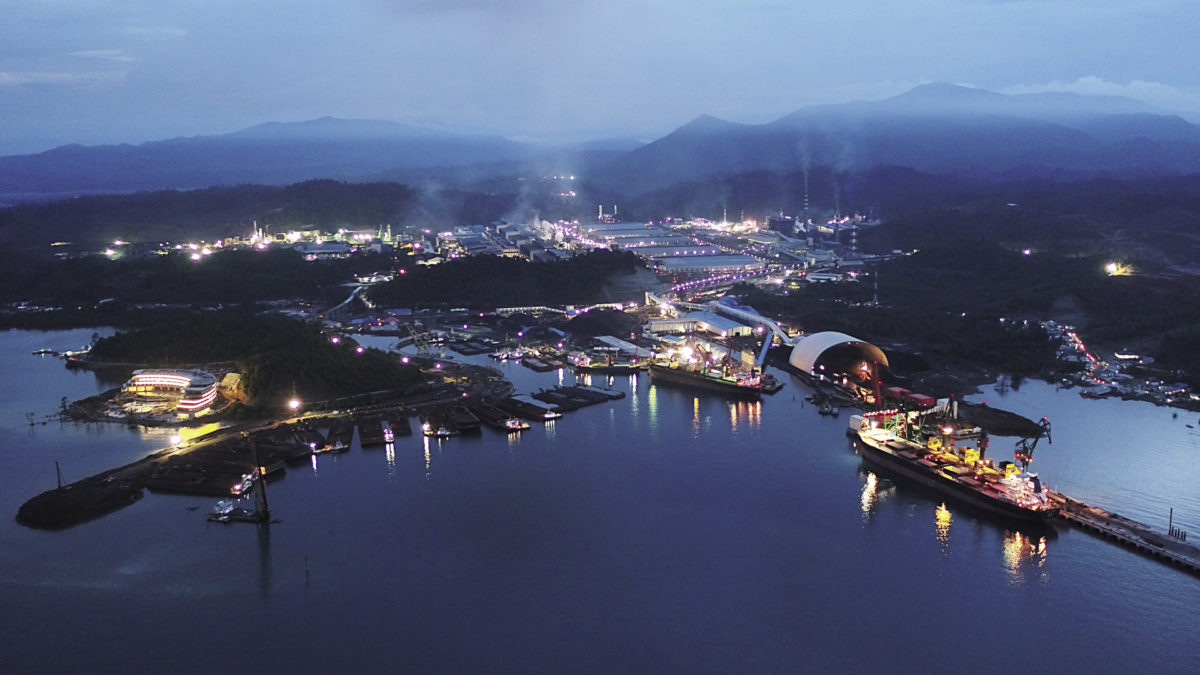IRENA expects Indonesia’s power sector to experience a “radical transformation” by 2050, according to its recently published “Indonesia Energy Transition Outlook” report. The share of renewables in the country's electricity generation mix could hit 85% by 2050, from around 12% in 2011, said IRENA.
Solar is expected to become the backbone of this transformation, accounting for 798 GW of the total 1,000 GW under the “least ambitious” scenario. PV accounts for up to 840 GW under the “most ambitious” scenario. For that, Indonesia will need to add 66 GW of new solar capacity to its generation mix by 2030.
To achieve this goal, the nation would need to invest $44 billion in solar. Investment in other renewable technologies would amount to $39 billion, with an additional investment of $75 billion on grid infrastructure also being required. Battery storage would need a $5.5 billion investment and EV charging infrastructure would need $22 billion.
Indonesia’s own expectations are still far off from IRENA’s scenarios, however. The country’s 2021-30 electricity plan, released last year, set a renewables target of 23% by 2030, under its “optimum” scenario. The country currently has around 190 MW of installed solar capacity, according to Apricum.
In May, Saudi Arabian developer ACWA Power won a bid to develop 110 MW of floating solar in water reservoirs, 50 MW on the island of Sumatra, and 60 MW on Java.
In April, Singapore-based Quantum Power Asia and Germany's ib vogt announced plans to invest $5 billion in a 3.5 GW solar and 12 GW storage project.
In January alone, Indonesia installed 51.2 MW of rooftop solar PV capacity, including commercial and industrial (C&I) and residential projects, according to data from the Ministry of Energy and Mineral Resources.
This content is protected by copyright and may not be reused. If you want to cooperate with us and would like to reuse some of our content, please contact: editors@pv-magazine.com.



2 comments
By submitting this form you agree to pv magazine using your data for the purposes of publishing your comment.
Your personal data will only be disclosed or otherwise transmitted to third parties for the purposes of spam filtering or if this is necessary for technical maintenance of the website. Any other transfer to third parties will not take place unless this is justified on the basis of applicable data protection regulations or if pv magazine is legally obliged to do so.
You may revoke this consent at any time with effect for the future, in which case your personal data will be deleted immediately. Otherwise, your data will be deleted if pv magazine has processed your request or the purpose of data storage is fulfilled.
Further information on data privacy can be found in our Data Protection Policy.